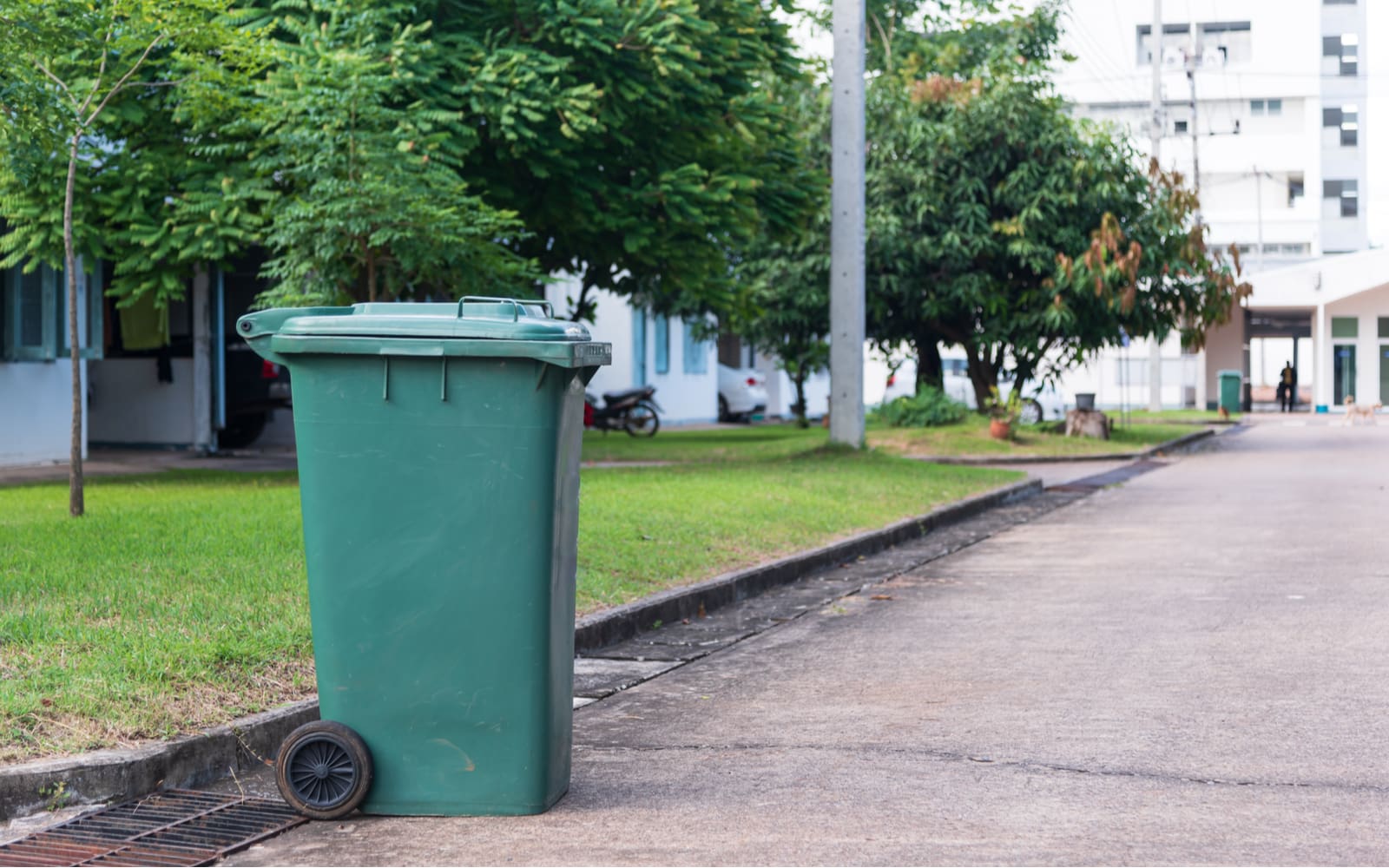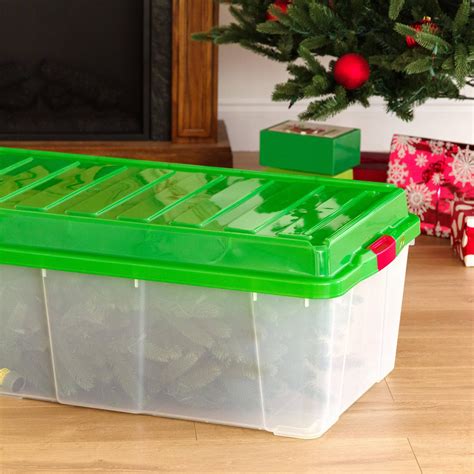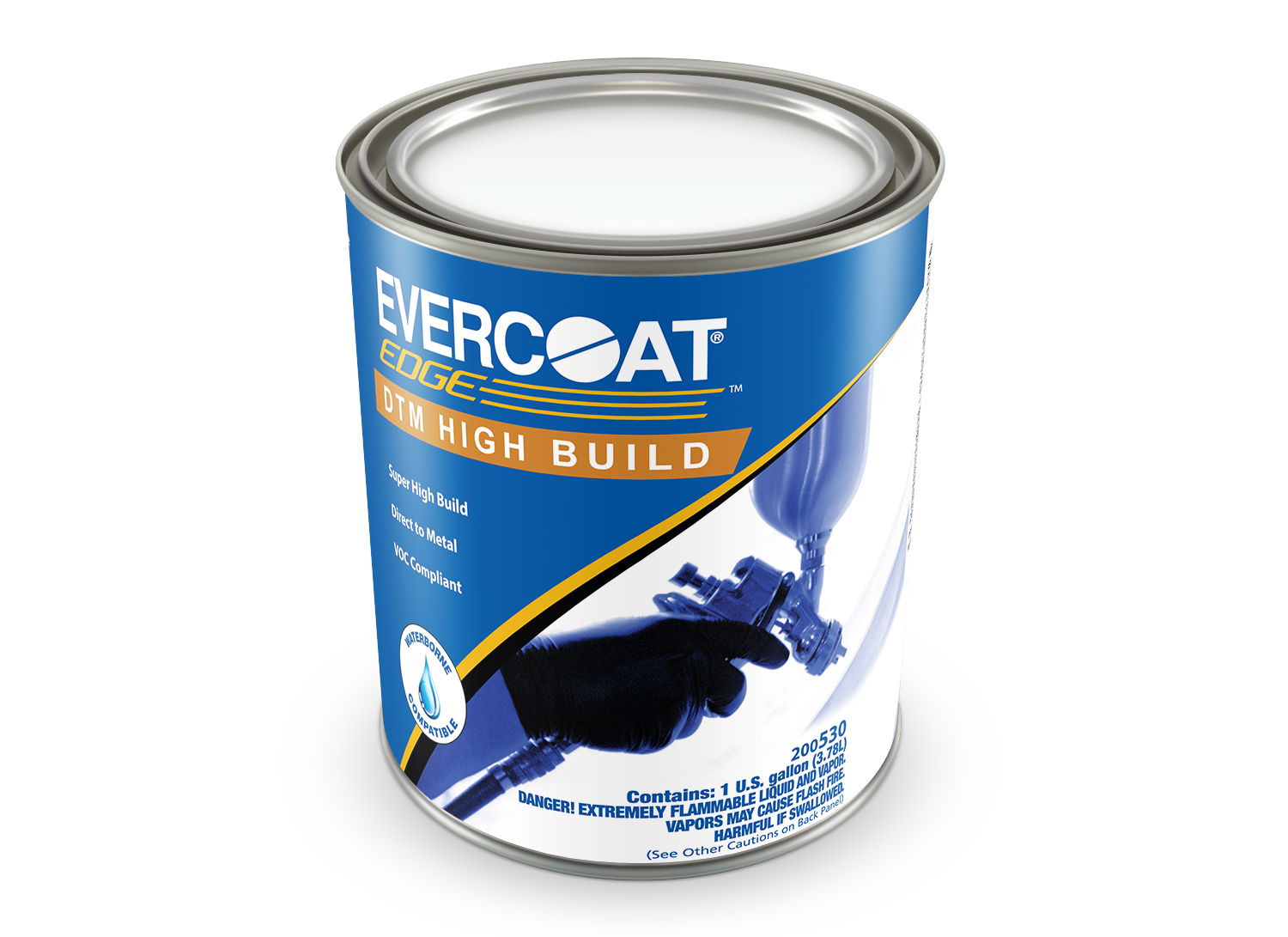When it comes to managing waste in various settings, from residential homes to commercial establishments, selecting the right trash can size is crucial for efficiency, hygiene, and compliance with local regulations. The appropriate size of a trash can depends on several factors, including the amount of waste generated, the frequency of waste collection, and the available space for the trash can. Understanding the different sizes of trash cans and their applications can help individuals and organizations make informed decisions about their waste management needs.
Standard Trash Can Sizes
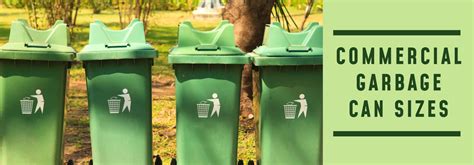
In the United States, trash can sizes are often measured in gallons, with common sizes ranging from 5 to 96 gallons for residential and commercial use. The standard sizes are designed to accommodate various volumes of waste, from small amounts generated by households to large quantities produced by businesses and institutions. For residential use, trash cans typically range from 10 to 50 gallons, with 32-gallon cans being a common size for curbside collection. Commercial establishments often use larger trash cans, with sizes ranging from 50 to 96 gallons, depending on the volume of waste generated and the space available for the cans.
Residential Trash Can Sizes
For residential use, the choice of trash can size is influenced by the number of occupants in the household, the frequency of waste collection, and local regulations. Small households with infrequent waste collection might opt for smaller cans (10-20 gallons), while larger households or those with more frequent collection needs might prefer larger cans (32-50 gallons). It’s essential to balance the size of the trash can with the available storage space and the household’s waste generation rate to prevent overflow and maintain cleanliness.
| Residential Trash Can Size (Gallons) | Typical Application |
|---|---|
| 10-20 | Small households, infrequent collection |
| 32 | Standard for curbside collection, average households |
| 50 | Larger households, frequent collection needs |
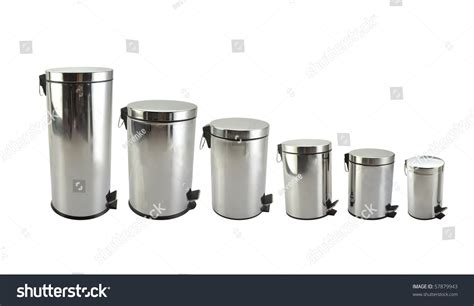
Commercial Trash Can Sizes

Commercial establishments, including offices, restaurants, and retail stores, have different trash can size requirements due to the varying volumes of waste they generate. The size of the trash can needed is influenced by factors such as the type of business, the number of employees or customers, and the frequency of waste collection. For high-traffic areas or businesses that generate a lot of waste, larger trash cans (64-96 gallons) are often necessary to prevent frequent overflows and maintain a clean environment.
Commercial Trash Can Applications
The application of commercial trash cans extends beyond their size, as they must also meet specific durability and hygiene standards. For businesses that handle food or other perishable items, trash cans with tight-fitting lids are essential to prevent pest infestations and odors. Additionally, commercial trash cans are often made with heavy-duty materials to withstand frequent use and harsh environments.
| Commercial Trash Can Size (Gallons) | Typical Application |
|---|---|
| 50-64 | Small to medium-sized businesses, low to moderate traffic |
| 64-80 | Medium to large businesses, moderate traffic |
| 96 | High-traffic areas, large businesses, or establishments generating high volumes of waste |
Key Points
- Residential trash can sizes range from 10 to 50 gallons, with 32 gallons being standard for curbside collection.
- Commercial trash can sizes range from 50 to 96 gallons, depending on the business type and waste generation volume.
- The choice of trash can size must consider waste generation rate, collection frequency, and available storage space.
- Commercial trash cans must meet durability and hygiene standards, with considerations for pest control and odor prevention.
- Proper sizing and maintenance of trash cans are crucial for efficient waste management and compliance with local regulations.
In conclusion, selecting the appropriate trash can size is a critical aspect of effective waste management, whether for residential or commercial purposes. By understanding the different sizes available and their applications, individuals and businesses can make informed decisions that contribute to a cleaner, healthier environment and compliance with regulatory requirements. As waste management practices continue to evolve, the importance of choosing the right trash can size will remain a key factor in maintaining environmental sustainability and public health.
What is the standard size for residential trash cans in the United States?
+The standard size for residential trash cans in the United States is 32 gallons, which is commonly used for curbside collection.
How do I choose the right size for my commercial trash can?
+Choosing the right size for your commercial trash can involves considering the volume of waste your business generates, the frequency of waste collection, and the available space for the can. Larger businesses or those with high waste generation rates may require larger cans (64-96 gallons), while smaller businesses may opt for smaller sizes (50-64 gallons).
What factors influence the choice of trash can size for residential use?
+The choice of trash can size for residential use is influenced by the number of occupants in the household, the frequency of waste collection, and local regulations. Additionally, considerations such as available storage space and the household's waste generation rate play a role in selecting the appropriate size.
Meta Description Suggestion: “Discover the right trash can size for your residential or commercial needs. Learn about standard sizes, applications, and factors influencing the choice of trash cans for efficient waste management.”
